Nitroglycerin Disposal: Safe Ways to Get Rid of Expired or Unused Nitroglycerin
When you have leftover nitroglycerin, a powerful heart medication used to treat chest pain and prevent angina attacks. Also known as glyceryl trinitrate, it works fast—so keeping it around after it’s expired or no longer needed is risky. This isn’t just about cleaning out your medicine cabinet. Improper disposal can lead to accidental overdose, especially in kids or pets, or even cause fires if the spray is thrown in the trash.
Nitroglycerin tablets and spray are both sensitive to heat, light, and moisture. Once opened, tablets lose potency after a few weeks. The spray lasts longer but still expires. If you’ve switched to a new medication, or your doctor stopped your prescription, those old pills or the empty bottle with leftover spray aren’t just clutter—they’re hazards. You might think flushing them down the toilet is fine, but that’s not true. The FDA and EPA warn against flushing most medications because they pollute water supplies. Same goes for throwing them in the regular trash without mixing them with something unappetizing like coffee grounds or cat litter. That’s still not enough.
The safest way to dispose of nitroglycerin is through a drug take-back program. Many pharmacies, hospitals, and police stations have drop-off boxes for unused or expired meds. If you’re not sure where to go, check with your local pharmacy or visit the DEA’s website for authorized collection sites. These programs are free, secure, and environmentally responsible. If no take-back option is available in your area, the next best thing is to remove the tablets from their original container, mix them with dirt, coffee grounds, or cat litter in a sealed plastic bag, and throw the bag in your household trash. Never leave pills in an open container or give them to someone else—even if they have similar symptoms. Nitroglycerin can be dangerous if used incorrectly.
Also, don’t forget the spray bottle. Even if it feels empty, there could be enough pressure left to cause a small explosion if crushed in a garbage truck. Remove the nozzle, spray the last few doses into the sink or toilet (if allowed locally), then discard the empty bottle in the trash. Don’t recycle it unless your local recycling rules specifically allow medication containers. Keep the original label on the bottle until you’re done disposing of it—it helps pharmacy staff or waste workers identify what it was.
If you’re caring for someone who uses nitroglycerin, make sure they know how to store it properly—cool, dry, dark place, away from children. And when the prescription runs out, don’t wait for it to expire. Act before it becomes a problem. This isn’t just about following rules. It’s about protecting your family, your community, and the environment from preventable harm.
Below, you’ll find real-life guidance from others who’ve dealt with expired heart meds, storage mistakes, and how they handled disposal safely. These aren’t theoretical tips—they’re lessons from people who’ve been there.
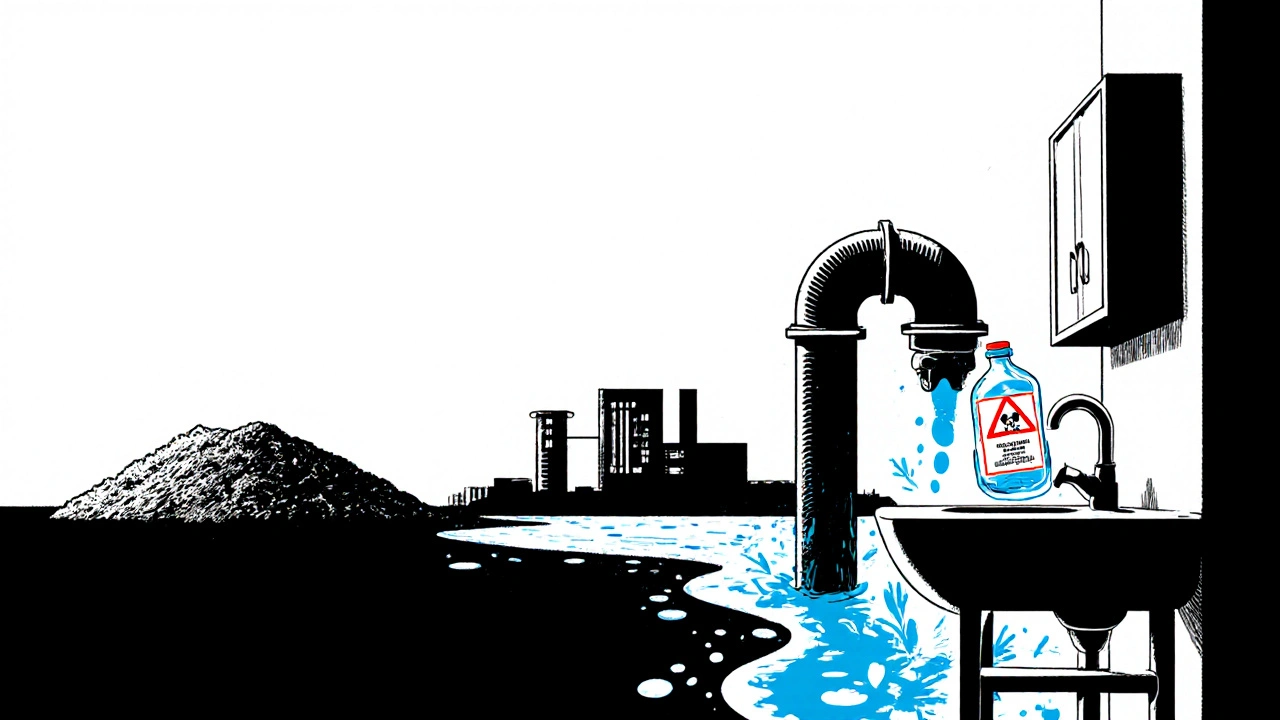 16 October 2025
16 October 2025
Nitroglycerin Environmental Impact: Tips to Reduce Harmful Effects
Learn how nitroglycerin can harm soil and water, and discover clear steps-take‑back programs, safe neutralization, and treatment technologies-to keep the environment safe.
Latest Posts
-
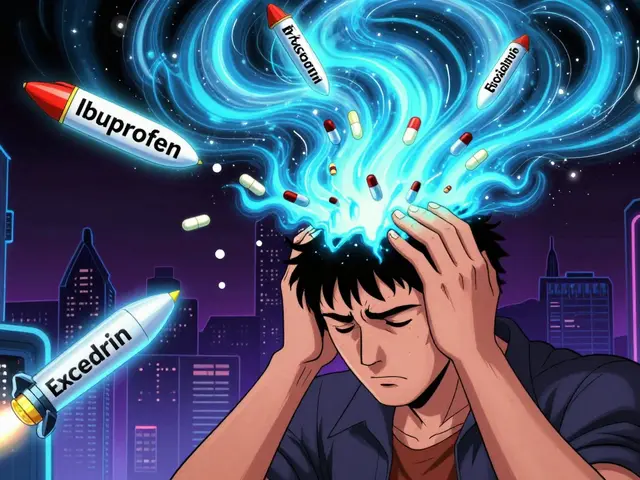
Migraines: Preventive and Abortive Medications for Chronic Headaches
-
How to Use Yoga for Fluid Retention Relief
-
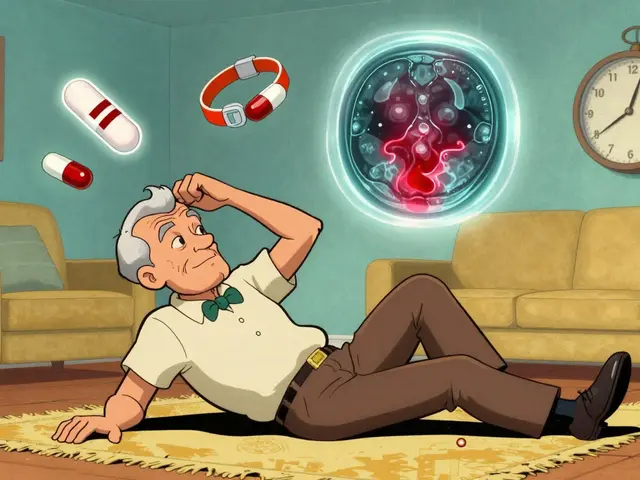
Head Injury While on Blood Thinners: When to Get a CT Scan
-
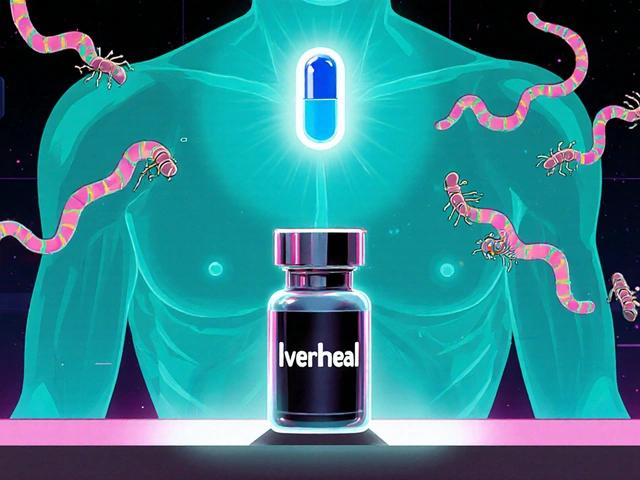
Iverheal (Ivermectin) vs Top Antiparasitic Alternatives - Detailed Comparison
-
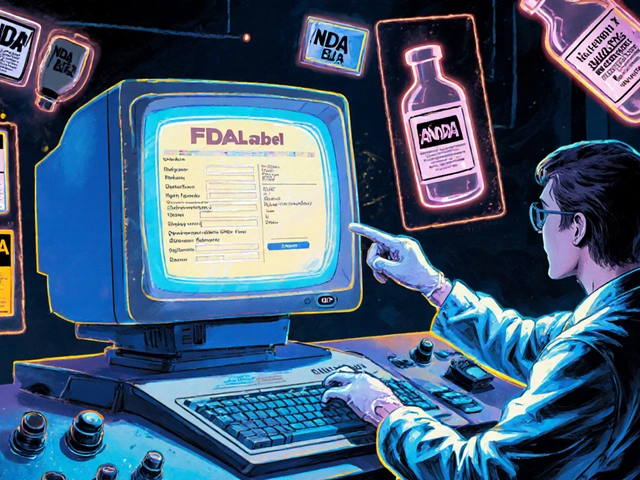
FDALabel Database: How to Search Drug Labels Accurately and Efficiently

13